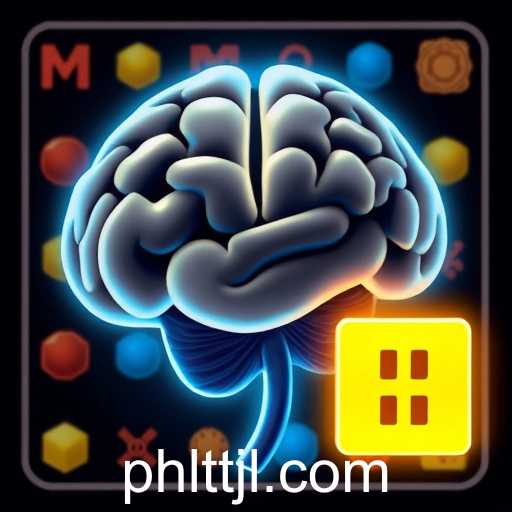An exploration of the growing popularity and cognitive benefits of memory games available on digital platforms, with insights into their role in improving mental sharpness and overall brain health.
In the fast-paced digital age, where mental agility is often the key to success, memory games have taken center stage. These games, which utilize the simple yet profound concept of challenging the brain to remember and recall, have been gaining significant traction online. Among the most sought-after categories on various gaming platforms, 'Memory Games' has emerged as a favorite among users seeking both entertainment and cognitive development.
The keyword 'ttjl' might represent a unique identifier for this category, encapsulating various game types aimed at enhancing memory retention and recall capabilities. These games often employ a range of techniques, from match-the-pair puzzles to more complex sequences, testing the players' ability to store and retrieve information under increasing levels of difficulty.
One of the most significant benefits of engaging with memory games is the improvement in cognitive functions. Regular interaction with these games has been linked to improved concentration, enhanced problem-solving abilities, and better focus. Studies have shown that they can also play a pivotal role in bolstering long-term memory, especially important in staving off age-related decline in mental faculties.
Beyond individual benefits, memory games provide a platform for social interaction. Many online platforms offer multiplayer options, enabling users to compete or collaborate with peers, thereby adding an engaging social dimension to the cognitive challenge. This aspect of memory games can aid in fostering community and friendly competition, elements that contribute to sustained interest and participation.
The accessibility of memory games is another critical factor in their popularity. They can be played on various devices, including smartphones, tablets, and computers, making them available to a broad audience. This convenience means that users can incorporate memory training into daily routines, whether during a commute, a lunch break, or winding down at the end of the day.
Moreover, developers continuously innovate, adding new levels, challenges, and themed environments to keep the genre fresh and engaging. Such innovation ensures a diverse range of games that can cater to varying skill levels and preferences, from beginners seeking casual play to enthusiasts looking for more intense challenges.
In conclusion, memory games are more than just a pastime; they are a valuable tool for mental exercise, offering significant benefits in cognitive development and memory improvement. As the digital world continues to evolve, the role of these games in promoting mental acuity and a healthier brain cannot be underestimated. Whether played casually or with a competitive edge, this genre continues to captivate and educate its audience, promising an intriguing blend of fun and function.




